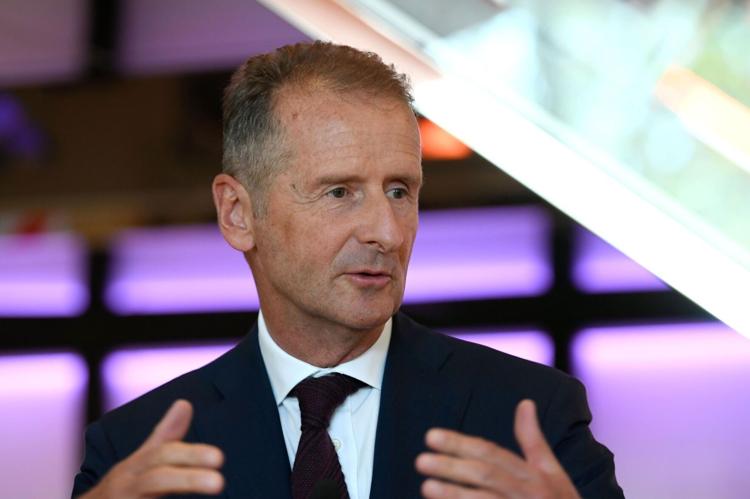A historic production cut agreement between OPEC and its allies, known as OPEC+, hit a roadblock after Mexico refused to agree to its share of the cuts after a marathon meeting between the oil-producing nations that lasted more than nine hours.
The other members of OPEC+, led by Saudi Arabia and Russia, earlier in the day agreed to cuts that would take 10 million barrels per day offline as the coronavirus pandemic saps demand for crude.
A statement released by OPEC following the meeting outlined details of the cuts but notes the measures were “agreed by all the OPEC and non-OPEC oil producing countries participating in the Declaration of Cooperation, with the exception of Mexico, and as a result, the agreement is conditional on the consent of Mexico.”
The extraordinary meeting kicked off around 10:30 a.m. ET and stretched into the evening.
Following the meeting, Mexico’s Secretary of Energy Rocío Nahle said in a tweet that the country would be willing to cut production by 100,000 barrels per day for the next two months. OPEC+ had reportedly asked for a cut of 400,000 barrels per day, according to Reuters.
OPEC said in a statement that the initial 10 million barrels per day cut would last in May and June, before tapering to 8 million barrels per day for the rest of the year. Beginning in January 2021, the cuts would decrease to 6 million barrels per day, which would continue through April 2022, according to the statement.
The agreement was not contingent on nations outside of OPEC+ curbing production, which some had suggested might be a stipulation for Saudi Arabia and Russia to scale back production. The group did, however, call on other major producers to cut production in a further bid to prop up prices.
Despite the record size of the potential cut, oil prices moved lower on Thursday as investors feared it would still not be enough to combat the unprecedented demand loss from the coronavirus.
“Although 10 million bpd will help the market on the short term to not fill up storage, it is a disappointing development for many, who still realize the size of the oil oversupply,” said Rystad Energy’s head of oil markets Bjornar Tonhaugen.












